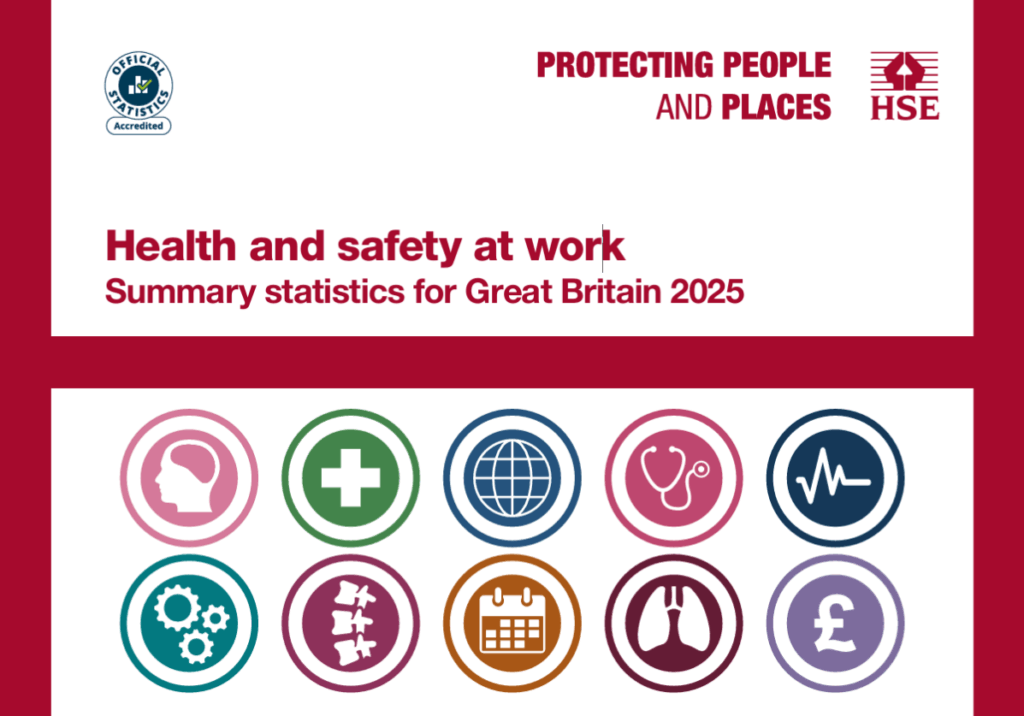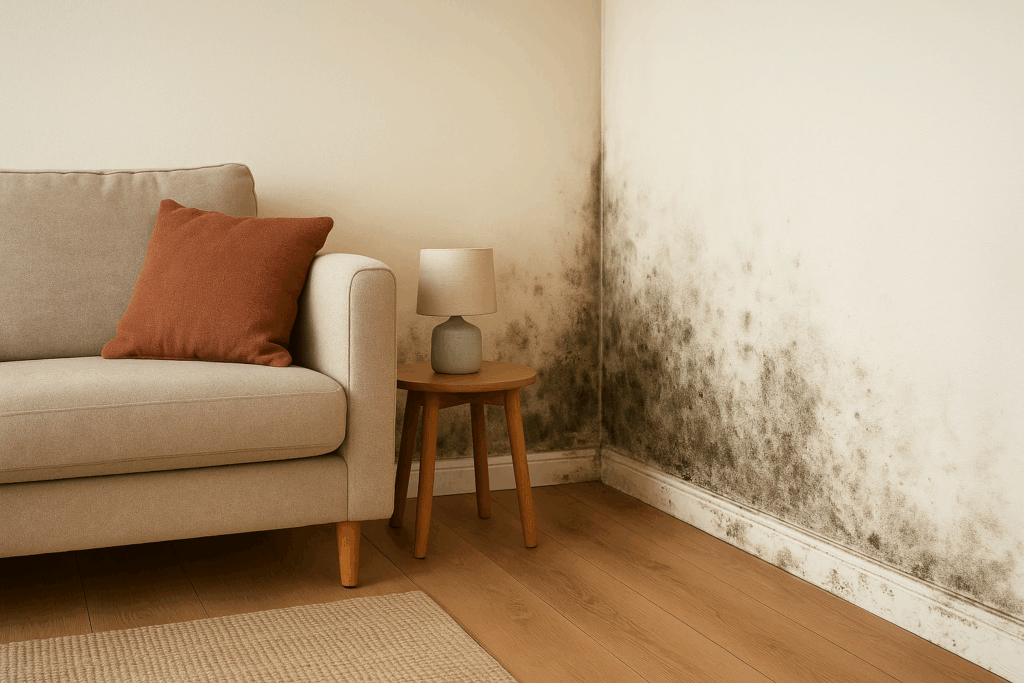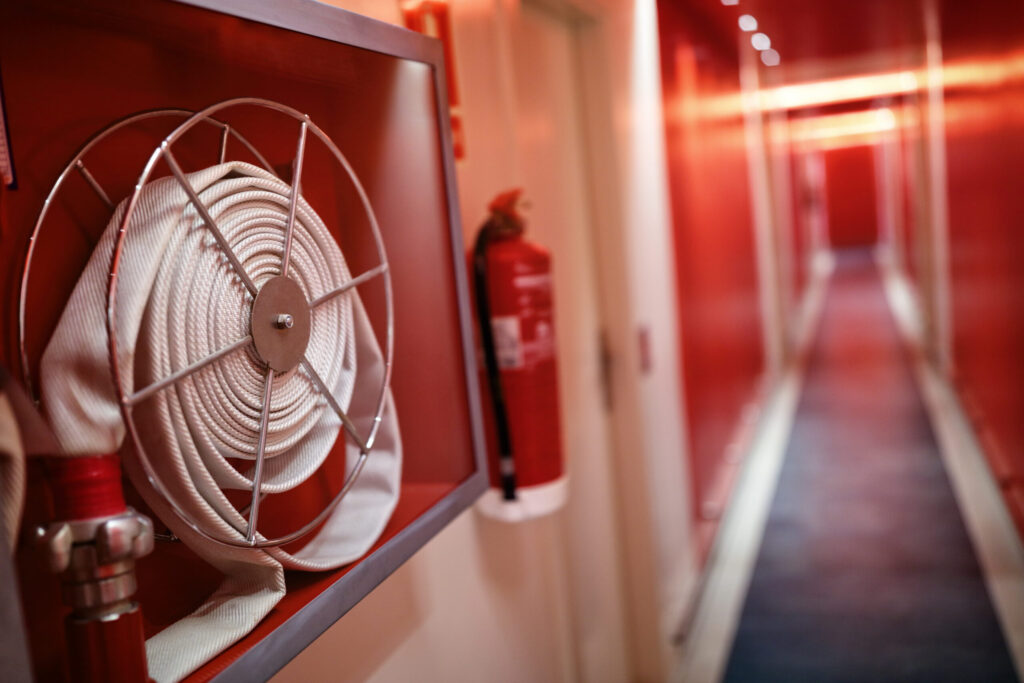Work-related stress is no longer something optional to tackle—it has become a legal obligation, a business-critical issue, and a moral responsibility for employers in the UK. According to the Health and Safety Executive (HSE), stress, depression or anxiety accounted for 51% of all work-related ill health and over half of working days lost in recent years.
What is Work-Related Stress?
HSE defines stress as “the adverse reaction people have to excessive pressures or other types of demand placed on them at work.” It becomes a risk when those pressures outweigh a person’s ability to cope.
We understand that to some extend there is stress with everyone job, but unmanaged stress leads to burnout, poor performance, high turnover, and in some cases, legal claims.
Legal Duty: What the Law Requires
Under the Health and Safety at Work etc. Act 1974 and the Management of Health and Safety at Work Regulations 1999, employers have a legal duty to assess and manage the risks to their employees’ health, including mental health.
HSE has produced clear guidance through its Management Standards for Work-Related Stress, which focus on six key areas:
- Demands (workload, patterns, environment)
- Control (how much say a person has in the way they work)
- Support (encouragement and resources)
- Relationships (conflict and bullying)
- Role (clarity of role)
- Change (how change is managed)
Why Assessments Are Good for Business
Beyond legal compliance, there are clear business benefits to tackling stress proactively:
- Reduced Absence & Turnover
Chronic stress drives people out of roles. By identifying pressure points, you reduce unplanned absences and retain skilled staff. - Better Performance
People perform best when they feel supported and in control. A well-conducted stress assessment can uncover areas for improvement in processes and leadership. - Stronger Reputation
In today’s climate, staff wellbeing is a marker of company culture. Addressing stress positions your business as proactive, responsible, and attractive to top talent. - Litigation Risk Management
Neglecting stress-related issues can result in costly grievances, claims, or enforcement notices. A structured assessment helps show you’ve taken reasonable steps to comply with the law.
Workplace stress is a significant and growing concern—and one that businesses can’t afford to ignore. From protecting your employees’ wellbeing to staying compliant with HSE regulations, addressing stress is essential to a healthy and productive workforce.
How We Can Help
At HCS Safety, we offer a structured, supportive approach to Workplace Stress Risk Assessments, Our process includes Scoping meeting leading to survey and pre-report information gathering, Staff Survey, Risk Assessment production and a Final Presentation.
Get in touch today to find out how we can support your team and help you build a more resilient workplace.
Click here to visit our Workplace Stress Assessment webpage here
You can also call us on 023 80 894695 or email [email protected]




